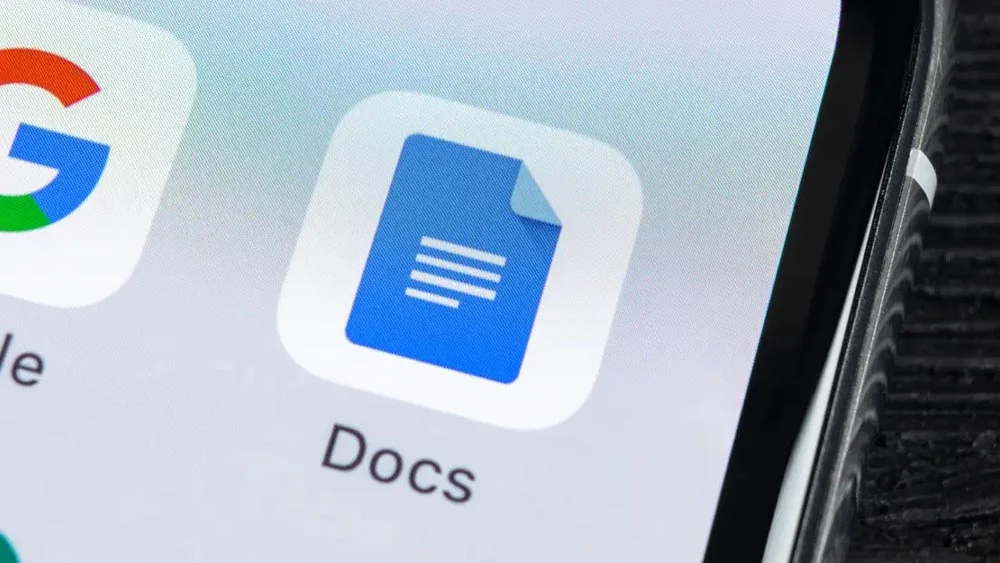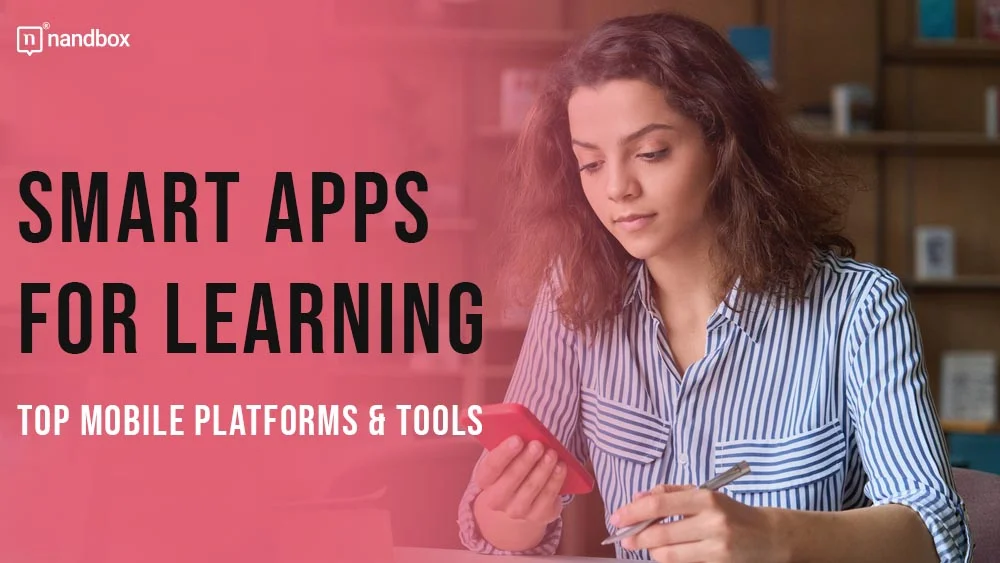Effective Learning with Smart Apps: Mobile Platforms and Educational Tools
Mobile technology has changed not only the way we communicate and entertain ourselves but also the way we learn. Students use mobile apps to improve their productivity and efficiency in studying, organize their schedules, and much more. Let’s talk about it in more detail.
Smart Apps with text editors
Text editors are smart tools that allow you to enter, edit, format text, and add graphics to it. However, if you don’t want to spend your time on writing at all, there is a way out. For example, you can order your essays from writing services like SpeedyPaper. Professional writers work there. Read the SpeedyPaper review to learn more about this service.
Microsoft Word
It is the most popular program for working with text, and everyone has used it at least once. The classic interface is familiar to everyone. The editor is used to create a wide variety of documents: essays and term papers, resumes, contracts, instructions, reports, orders, etc. Even if you don’t write anything yourself, Word is always necessary for reading and printing finished documents.
Google Docs

This is the most popular online editor because it is free and simple. With the spread of the Internet, many switched from Word to it. If you have a Google mail, open it and use it to your heart’s content. The interface generally resembles the good old Word but is much simpler and more understandable. You can master it at a basic level in one day.
LibreOffice Writer
It is another Word analog for smart education, but this time with open-source code – the program is distributed completely free of charge. Initially, Writer was created as part of the Linux LibreOffice office suite.
Evernote
Evernote is your digital notebook with a comprehensive set of note-taking and organizational tools. Capture ideas, research, and notes, then organize them with tags, notebooks, and powerful search capabilities. Keep information at your fingertips.
Apps for Students to Manage Their Time
Organizing the educational process is an important aspect of successful learning. Mobile applications help students and teachers effectively plan their time and manage tasks. These technology tools help students and teachers organize their learning process, avoiding overload and missing important events.
Timetable
It is perhaps the most beautiful application for managing school and university life. Here, you can save the schedule and all assignments using the application as an electronic diary. It is possible to set deadlines for exams. The application can be used on smartphones and tablets, and the information will be synchronized between them. The ability to search in the schedule and in assignments is implemented. You can set up notifications and reminders about classes. During scheduled classes, a silent mode can be turned on.
Forest
Procrastination is the scourge of modern society, so apps that help the owner of a smartphone concentrate on studying are especially valuable. Forest is one of the most successful apps that works on the Pomodoro principle. Every time the user wants to concentrate, they set a timer for 30 to 120 minutes, and during this period, the app grows a tree. A small sprout turns into a large, branchy tree. And if you exit the app or switch to another, the tree dies. Before that, the app will ask whether you have really decided to kill the cute little tree.
At the same time, answering an incoming call does not count as “killing” a tree. It’s unbelievable but true: such a simple visualization helps you focus because only the most heartless procrastinators would want to kill a tree for the sake of social networks. So, setting a timer and growing a tree while you prepare for an exam is a great idea.
TickTick
This app is called the perfect planner and note-keeper. Indeed, during studies, the most important thing is to distribute tasks correctly and remember deadlines. TiсkTiсk will help you do it as best as possible.
Smart Apps: Research Applications
Mendeley
Mendeley is one of the excellent learning tools for reference management and collaboration. The app makes it easy to organize, comment, and cite research papers.
Scrivener
Scrivener is your partner in organizing and structuring research articles and scientific papers. The user-friendly interface allows you to easily draft, write, and edit text with a guarantee of a high-quality structure.
Google Scholar
Google Scholar is a source of scientific articles that makes it easy to search for academic literature during research. With it, you can access an expanded database for your work.
Ask AI
Ask AI is a complimentary AI search engine providing instant, accurate, and fact-based responses to your inquiries in real-time. It serves as an excellent tool for students, professionals, and all casual users.
More Educational Tools
The following apps are the foundation for learning. Universal tools affect the process of memorization and systematization and provide new methods for education.
Anki
Anki is your memory booster. The spaced repetition algorithm optimizes the learning and memorization process.
Quizlet
Quizlet turns your learning into a real interactive game or quiz. Create flashcards or choose templates from a large library of user-generated content. The game-based approach makes learning fun and effective, helping you master subjects effortlessly.
Focus@Will
Need to focus? Focus@Will immerses you in learning with scientifically designed music. The app increases your concentration and productivity by creating a personalized music environment. No more distractions from outside sounds; continue learning with pleasure!
The Benefits of Smart Learning Apps
Learning apps offer unique tools for today’s students. Different educational platforms allow you to study from anywhere in the world, adapting to an active lifestyle. The apps are ideal for organizing and effectively managing study materials, tasks, and schedules, ensuring that you do not forget about your tasks.
Learning apps make learning easier for students.
- Versatility
Apps allow you to study and work from anywhere: a busy coffee shop, a quiet library, or at home.
- Organization
With digital tools, students can effectively organize their study materials, assignments, and schedules.
- Efficiency
Apps make learning easier, saving time with digital note-taking and speeding up task completion. Using apps frees up more time for learning topics and immersing yourself in subjects.
- Collaboration
Some apps for education make working on group projects, sharing documents, collaborating on research, and communicating in real-time easier.




